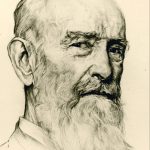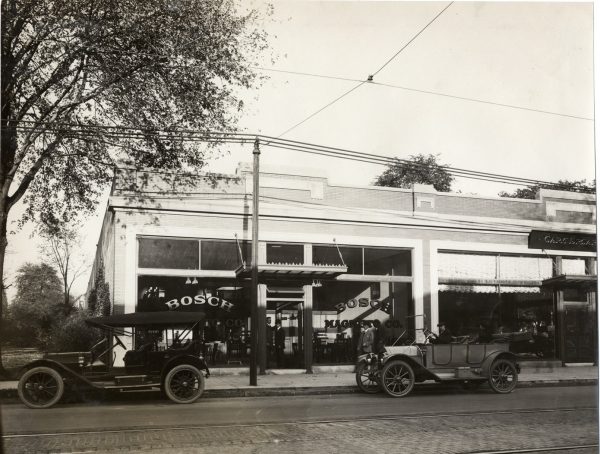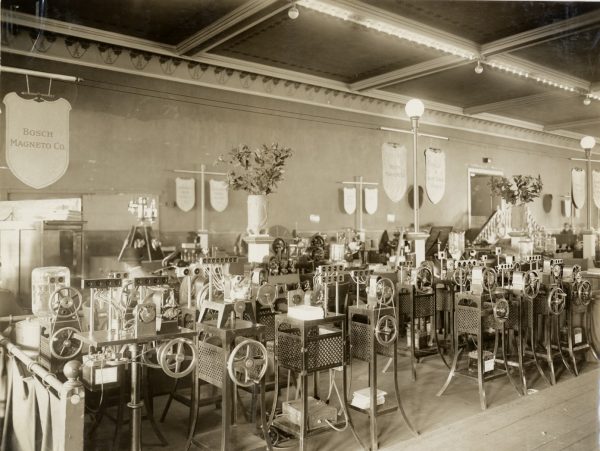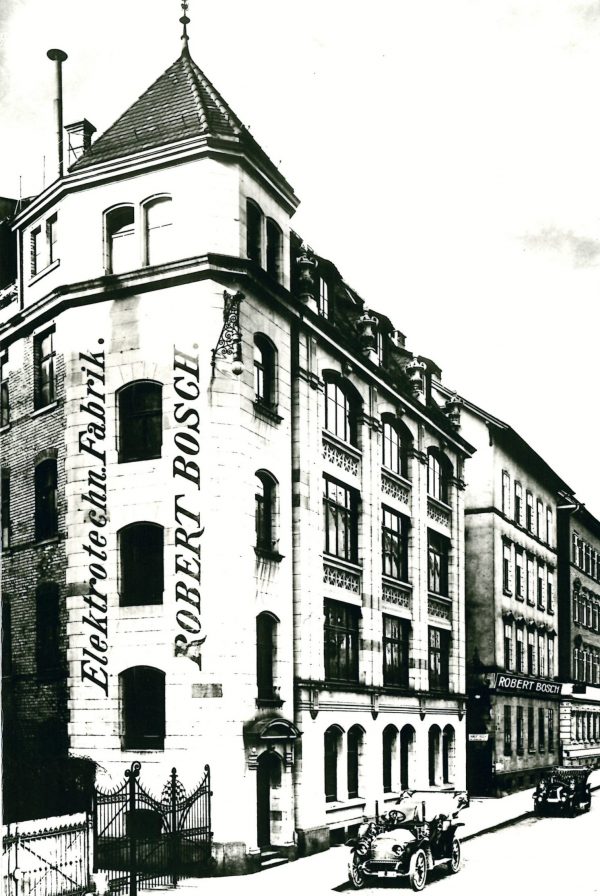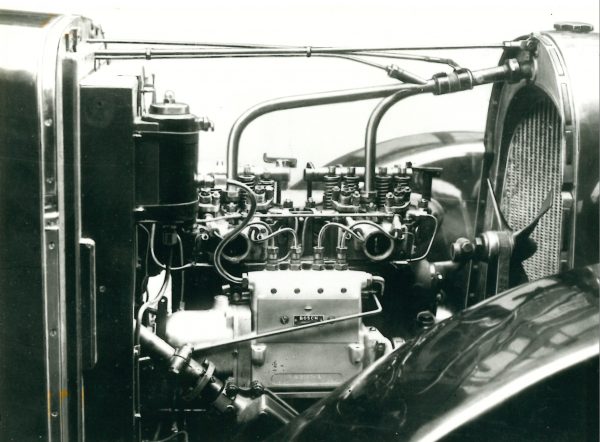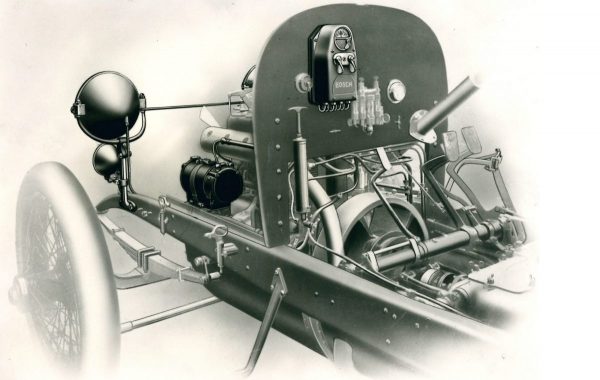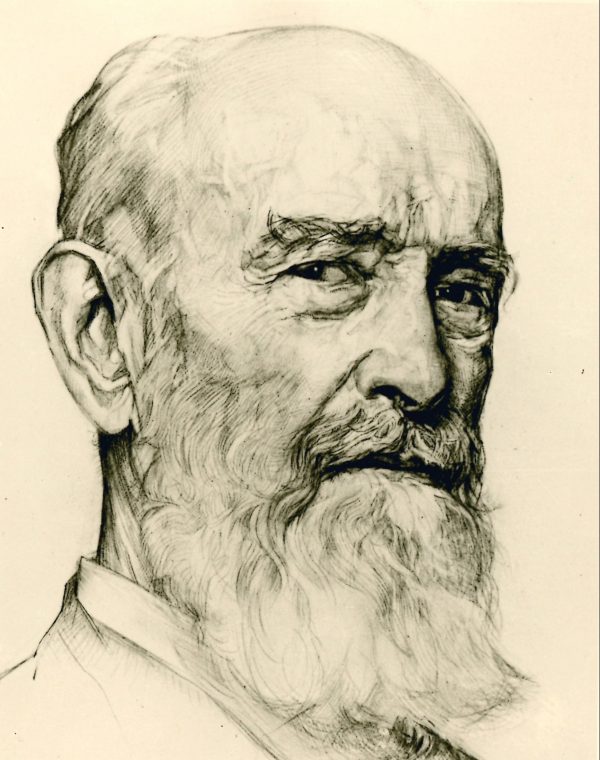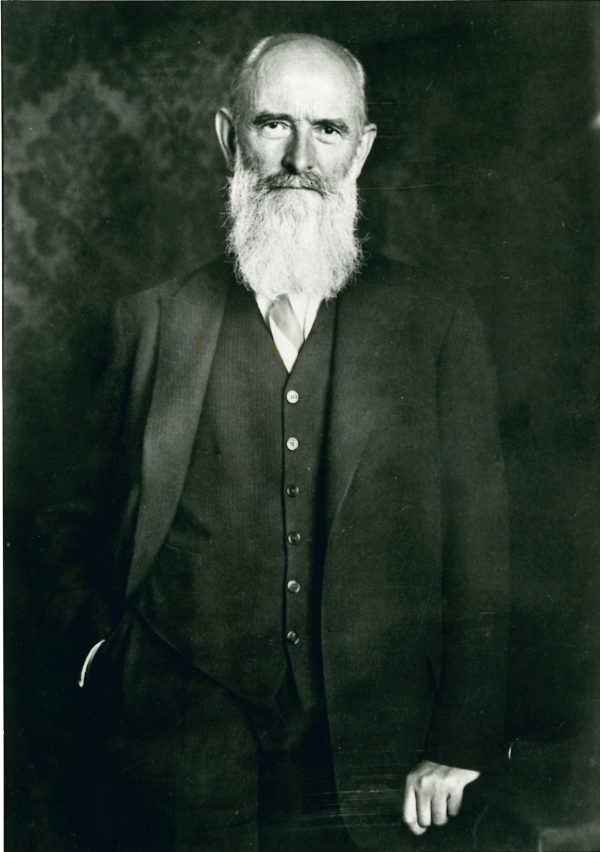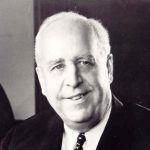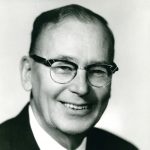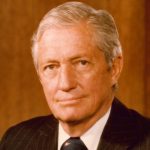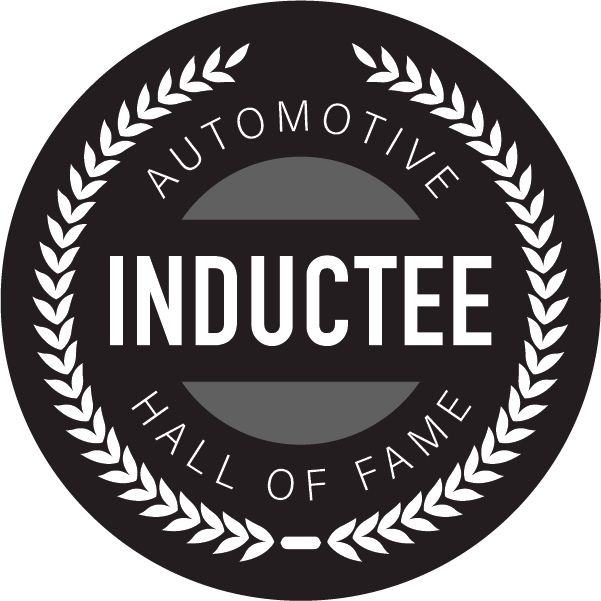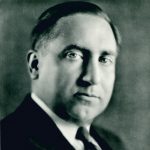Robert Bosch’s inventions made the internal combustion engine practical, reliable, and integral to the future of automotive manufacturing. His ignition systems and electrical components were famous for their quality and dependability. He created a global standard for the manufacturing industry that continues to improve the quality of life for workers around the world. Bosch acted on his convictions and was an early adopter of the 8-hour workday. He also established fair conditions for workers and donated to a variety of social causes.
Robert Bosch was born on September 24, 1861 in Albeck, Germany. He was the 11th of 12 children in his family. His father made a reasonable living as a farmer, brewer, and inn keeper. Bosch did not take a direct path to automotive success. In fact, he expressed a love for nature at an early age and dreamed of studying zoology or botany. Later, he invested in the Bosch family farm to continue his passion.
Although he showed academic potential, Bosch did not quite have the knack for rigors of school. After secondary school, he took his father’s advice and became a precision mechanic’s apprentice to Wilhelm Maier. Bosch trained under Maier for three years from 1876-1879. Maier put little effort into training his apprentices and this experience left Bosch unsatisfied. He was determined to provide proper occupational training to others in the future.
A desire to explore the world eventually led Bosch to leave his apprenticeship and become a journeyman toolmaker for a variety of companies. He began working at his brother’s company, Bosch & Haag before joining C&E Fein in Stuttgart, Germany. Never settling into a job for more than a few months, Bosch found work in cities such as Hanau and Nuremberg.
In 1893, Bosch decided to pursue formal education once more. He enrolled in the winter semester at the Stuttgart Polytechnic. This time, he was introduced to the concept of voltage, currents, horsepower, and other technical terminology. The following summer, at the age of 22, Bosch boarded a steamboat to New York. There, he found a job manufacturing electrical equipment at Edison Illuminating, and later, at Edison Machine Works. His time in the U.S. did not last long and soon he traveled back to Europe where he worked with the Siemens brothers in England.
After working for several different companies, Bosch was eager to start his own business. He opened the Workshop for Precision Mechanics and Electrical Engineering in Stuttgart in 1886. Bosch started the company with only one journeyman and an apprentice, installing telephone systems and electric bells.
By 1902, Bosch had developed the high-voltage magneto, a device for regulating electrical current in internal combustion engines. This innovation made the construction of high-speed, high-performance engines possible. A believer in social progress, Bosch instituted shorter hours and higher pay for his workers. In 1906, Bosch established the 8-hour workday, one of Germany’s first employers to do so.
By 1928, Bosch offered a complete electrical system for automobiles. The company quickly expanded locations and products including, manufacturing ignitions, lighting, starters, windshield wipers, horns, fog lamps, and turn signal indicators. Bosch also developed a fuel-injection pump for diesel engines which dramatically improved engine performance.
His company created old-age and dependents’ assistance in 1928. Bosch’s trust and loyalty were characterized by a statement attributed to him: “I do not pay good wages because I have a lot of money, but I have a lot of money because I pay good wages.”
As Bosch accumulated wealth, he became famous for giving back, not only to his workers, but also to the German people. Although the company benefited from World War I manufacturing war materials and filling armament contracts, Bosch gave millions to improve the lives of his fellow countrymen in the post-war years.
Bosch retired in 1931. An avid hunter and fisherman, Bosch spent many weekends at his hunting estates in his later years. He would often take potential business partners on hunting trips, preferring to get better acquainted in the presence of nature. He passed away March 12, 1942 and was inducted into the Automotive Hall of Fame in 1984.
“I have always acted according to the principle that I would rather lose money than trust.”
– Robert Bosch
